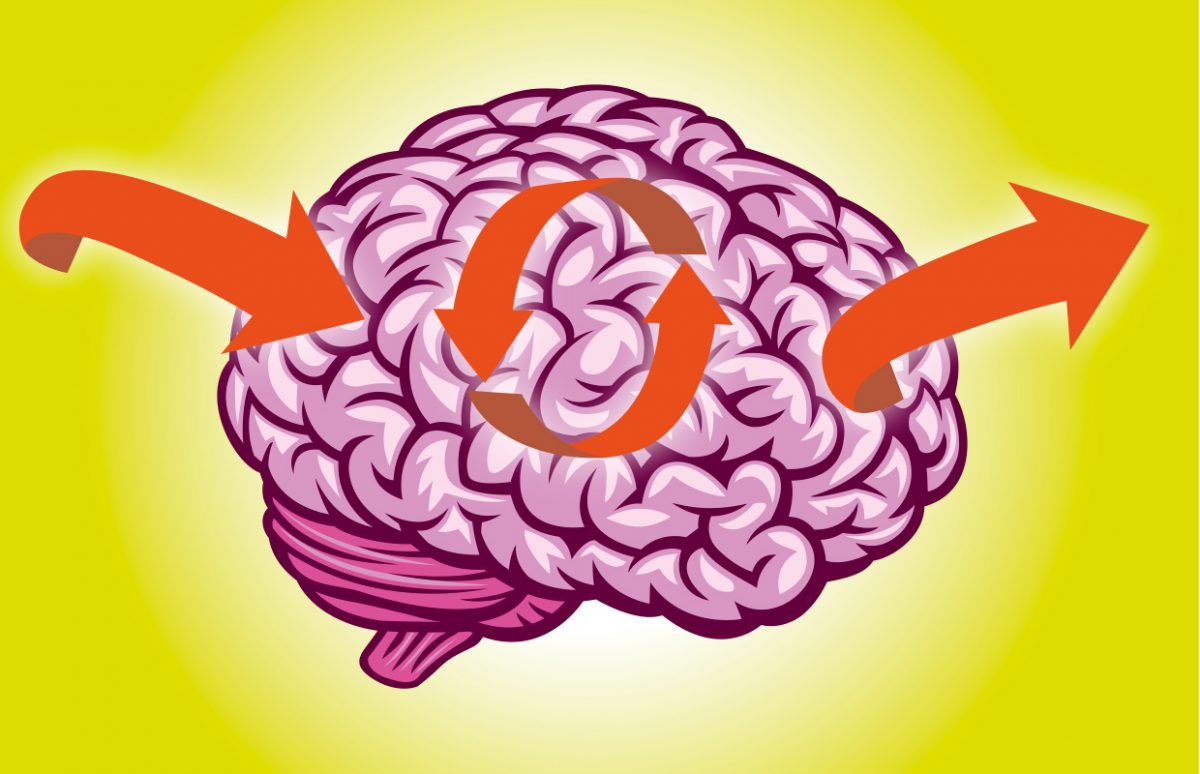How can pupils be helped to find the ways of learning which work best for them? Memorisation is essential to language learning but a stumbling block for many learners. These practical suggestions can help them adopt new habits that can transfer to all their learning.
What does a pupil understand when a teacher says, "Learn today's lesson for next time"? What exactly should the pupil do? Read the work over, copy it out, memorise the new words or expressions, use them in context to produce a message…? Which tools should be used (notebook, textbook, school homework website…)? And how will the pupil know when he or she has successfully learned the lesson?
There are a number of persistent misconceptions about memorisation. Most pupils think that if they read over what was covered in class several times, they will have learned it. In their minds revision equals re-reading. In fact, memorisation depends on the active learning process by which the knowledge was acquired. It isn't enough to "replay" the lesson in one's head. The learning process needs to be undertaken in context. Vocabulary activities can't consist of simply providing a list, the vocabulary needs to be used. The work in class has to be designed to help pupils encode the information, in order to be able to recall it later.
Retrieving
Retrieval can be aided by mobilising clues which help the learner re-live the situation in which they first encountered the information, or at least lead to a feeling of familiarity they can build on. It has been demonstrated that recall is easier when the context or clues given remind the learner of the encoding phase.
Try proposing a first step in the revision of a lesson called "reliving the class", remembering it in context. The clues or prompts will vary from pupil to pupil. They may remember it was the day a particular classmate was absent, that there was a heavy shower of rain, that a historical figure was mentioned that was already familiar to them, or that a funny incident happened.
A review of the previous lesson starting "What did we talk about last time?" will have a better chance of success if pupils are first encouraged to remember the events and context of the previous class (X was absent, it rained a lot, we were hungry…). In this way, episodic memory (the memory of events in their context) is linked to procedural memory, which enables automatic processing of part of the information.
Personalised Learning
When pupils discover clues about how their own memory works, it allows them to develop more efficient personal learning strategies. They can be helped in this process if teachers sometimes propose a choice of methods, for example organising information in tables, using mind maps to classify key words or information by importance, linking drawings or diagrams to words or structures.
Activating
Passive storage of information will not fix it in learners' long-term memory. Repeating a lesson out loud won't fix it long-term any more than reading it over. Something learned in isolation, and which isn't regularly reactivated, will soon be lost. Multiplying the situations in which language learning can be re-used, in particular in other subjects (in cross-curricular EPI projects) reinforces memorisation, because it is meaningful and satisfies a need.
Clear Expectations
The written summary of a class can be the basis of various activities to aid efficient memorisation, as long as the pupils know what is expected of them. Will they need to play a role? Prepare questions for classmates? Present one of the characters seen in the lesson? Relate an event? Recite a poem paying attention to rhythm and expression? If students know the expectations, they can use the learning strategies best suited to the task at hand.
Carefully worded instructions for homework at the end of the class will be much more productive than telling the class, "Learn the lesson by reading it 3 times."
Auteur(s) :
Marie-Christine Delsinne is an English teacher, teacher-trainer and author.
Copyright(s) :
Shutterstock/PYS
> Mobilising Life Skills to Aid Language Learning
> Mind maps : faciliter la compréhension et la mémorisation au collège
> Apprendre à apprendre
Tag(s) : "apprendre à apprendre" "EPI" "learning strategies" "learning to learn" "Les méthodes et outils pour apprendre" "memorisation" "memory"





